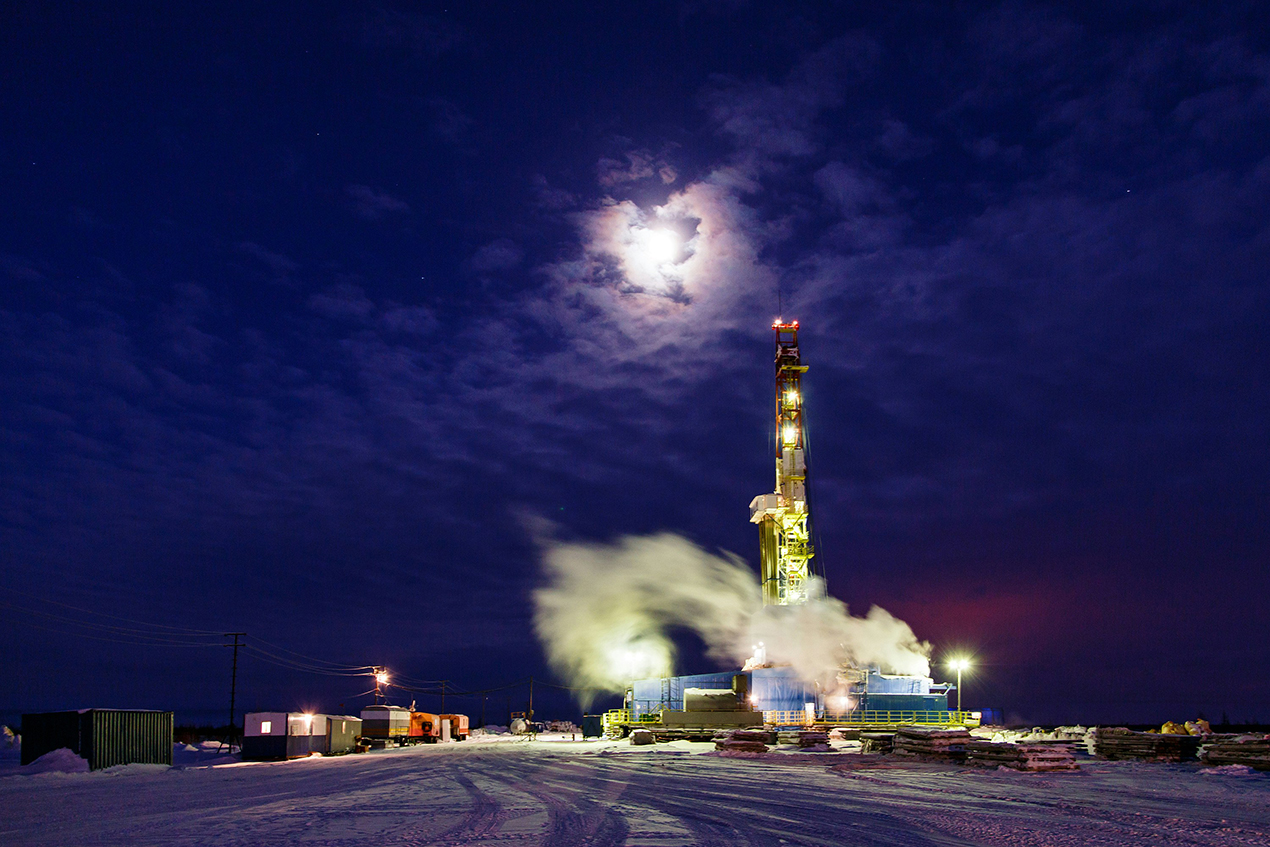News
Venezuelan Government Says ConocoPhillips will be Expelled
Ramirez, Venezuela’s Minister of Energy and
Petroleum and President of the National Petroleum Corporation, told the media
on the 3rd that if the US company ConocoPhillips continues to refuse Venezuela
to take over control of its oil business in Venezuela, the company will be
expelled.
According to the Venezuelan government’s
nationalization plan, foreign-invested projects in the Orinoco heavy oil belt
must be converted into joint venture projects controlled by Venezuela’s
national oil company, and the Venezuelan party’s shareholding must not be less
than 60%. Starting from May 1, Venezuela began to take over control of the
Orinoco heavy oil belt project, but ConocoPhillips has not agreed to this move
by the Venezuelan government.
Ramirez emphasized that if any foreign
company does not accept Venezuela’s nationalization conditions, “then it will
have no choice but to leave.” He said that Venezuela "provides space for
foreign companies to stay", but if necessary, the Venezuelan government
will fully nationalize the heavy oil belt projects.
According to Venezuela's requirements, the
agreement on converting the foreign-controlled project in the Orinoco heavy oil
belt into a joint venture project should be reached before the 26th of next
month, including issues of compensation and shareholding ratio. ConocoPhillips
said it was still negotiating with Venezuela on the agreement.
Ramirez also said that foreign oil
companies have raised approximately US$4 billion in debt for the Orinoco
development project. The repayment obligations of this part of the debt are the
responsibility of each oil company and will not be borne by the Venezuelan
government.
The Orinoco heavy oil belt covers an area
of approximately 55,000 square kilometers. The Venezuelan government and oil
experts estimate that the area contains approximately 235 billion barrels of
heavy oil. Foreign companies currently involved in local oil development
include BP (British Petroleum), ConocoPhillips, Exxon Mobil, Chevron, Total and
Statoil.

RELATED NEWS
- Some OPEC Countries will Stop Net Exports of Crude Oil within 10 Years
- Oil Prices Continue to be Under Pressure, Plunged another 4.2% on Monday
- Google will Use Tax Incentives to Expand Clean Energy Projects
- Qatar to Deliver Natural Gas to Bahrain in 2008
- Worried that Hurricane Weather will Affect Oil Prices in the International Marke
